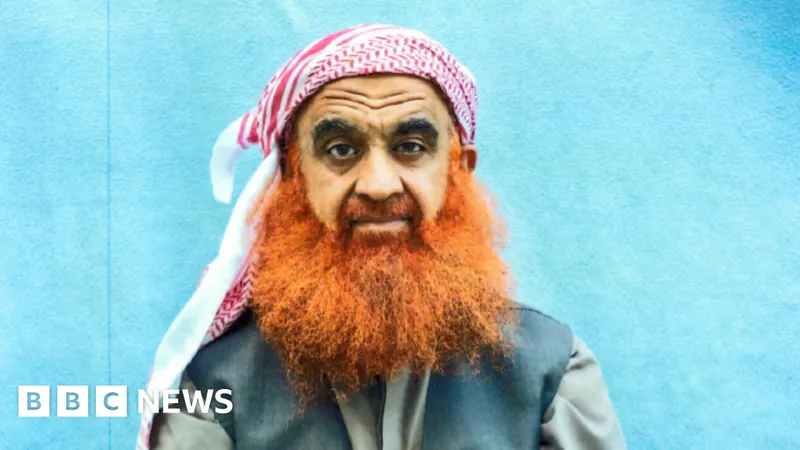
US Government Blocks Key 9/11 Mastermind's Guilty Plea: What’s Next?
2025-01-10
Author: Emily
US Government Intervention
In a surprising twist, the U.S. government has successfully intervened to prevent Khalid Sheikh Mohammed, the alleged mastermind behind the horrific 9/11 terror attacks, from entering a guilty plea. This decision comes amidst a contentious debate surrounding the terms of a pre-trial agreement designed to spare both him and two co-defendants from facing a death penalty trial.
Previous Agreements
Last summer, agreements were reached that would allow Mohammed and his associates to plead guilty in exchange for avoiding capital punishment. But the latest filing with a federal appeals court indicates that the government believes accepting these pleas would inflict irreversible harm on the nation and its citizens—an assertion that has led to a temporary halt in the proceedings.
Judicial Consideration
A panel of three judges has now decided to take additional time to consider the case, emphasizing that the delay should not be interpreted as a reflection of the case's merits. This decision unfolds after military authorities dismissed an earlier appeal by Defense Secretary Lloyd Austin to annul the agreements—contracts signed by a high-ranking official he appointed.
Victim Families' Reactions
The fear remains palpable, especially considering the devastating impact of the 9/11 attacks, which claimed nearly 3,000 lives as hijackers crashed planes into the World Trade Center and the Pentagon. Another flight went down in a Pennsylvania field after heroic passengers intervened. The ongoing saga has captured the scrutiny of many, particularly the families of 9/11 victims. Some have condemned the potential deals as too lenient, while others argue they are necessary for moving what has become a protracted legal fight forward. The accused have spent over twenty years in U.S. custody, with pre-trial hearings dragging on for more than a decade.
Evidence and Torture Allegations
Central to the arguments in the courtroom are allegations that the evidence against Mohammed may have been tainted due to the torture methods employed during his CIA detention, which included 183 instances of "waterboarding" and other extreme interrogative tactics such as sleep deprivation and forced nudity. The contentious nature of this evidence is a key issue driving the debate over the validity of the plea agreements.
Statements from Victims' Family
Upon hearing of the postponement, Tom Resta, who lost multiple family members in the attacks, expressed his disappointment, stating, "The U.S. government failed the 9/11 families again. They had the chance to do the right thing and decided not to."
Government's Position
The government, meanwhile, argues that moving forward with the deals would undermine its ability to impose capital punishment on individuals charged with orchestrating mass murder that rocked the United States and the world. The position outlined by the government was clear: a brief delay is essential for the court to fully consider this pivotal case without harming the defendants.
Defense Counsel's Argument
Mohammed's defense counsel countered by asserting that these negotiations present a unique opportunity for closure after nearly 25 years of turmoil. They revealed that discussions had been conducted directly with the White House over the two-year negotiation process.
Implications of the Delay
The appeals court's decision to delay the proceedings has now shifted the responsibility to the incoming presidential administration. Complicated by layers of secrecy and legal maneuvering, the full details of the plea agreements reached with Mohammed and his co-defendants remain largely undisclosed.
Next Steps
In a recent court hearing in Guantanamo Bay, Mohammed's lawyers confirmed his agreement to plead guilty to all charges. Should the court eventually uphold these deals, the next phase will involve convening a military jury panel, which will conduct a public trial that allows victims' families to present testimonies and pose questions to Mohammed—a process that could serve as a form of catharsis for those affected by the attacks.
Conclusion
As this legal battle continues to unfold, the eyes of the nation remain focused on the courts. Will justice finally be served for the countless lives lost? Or will the complexity of the legal proceedings drag this grim chapter of history into further uncertainty?
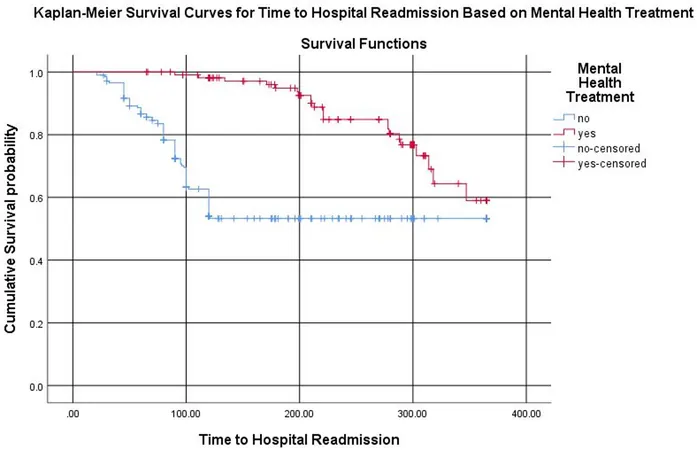




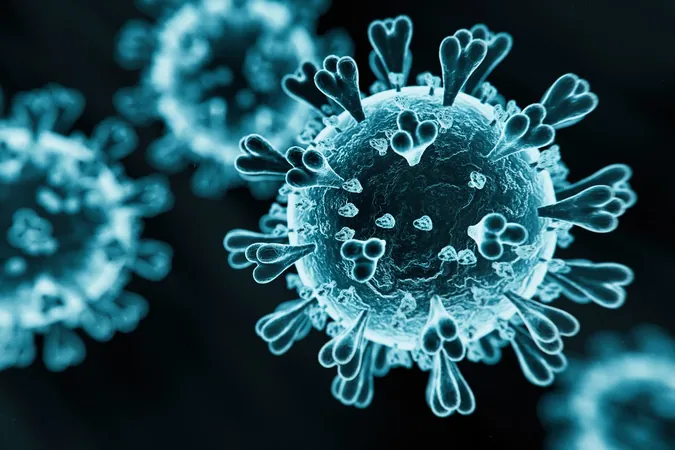
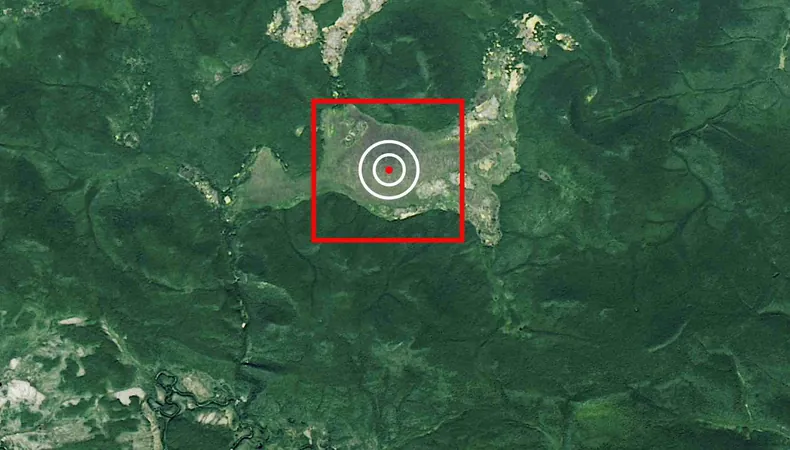
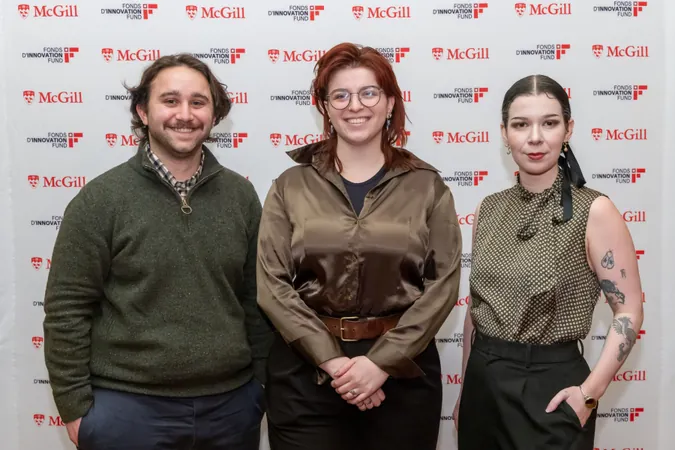

 Brasil (PT)
Brasil (PT)
 Canada (EN)
Canada (EN)
 Chile (ES)
Chile (ES)
 Česko (CS)
Česko (CS)
 대한민국 (KO)
대한민국 (KO)
 España (ES)
España (ES)
 France (FR)
France (FR)
 Hong Kong (EN)
Hong Kong (EN)
 Italia (IT)
Italia (IT)
 日本 (JA)
日本 (JA)
 Magyarország (HU)
Magyarország (HU)
 Norge (NO)
Norge (NO)
 Polska (PL)
Polska (PL)
 Schweiz (DE)
Schweiz (DE)
 Singapore (EN)
Singapore (EN)
 Sverige (SV)
Sverige (SV)
 Suomi (FI)
Suomi (FI)
 Türkiye (TR)
Türkiye (TR)
 الإمارات العربية المتحدة (AR)
الإمارات العربية المتحدة (AR)